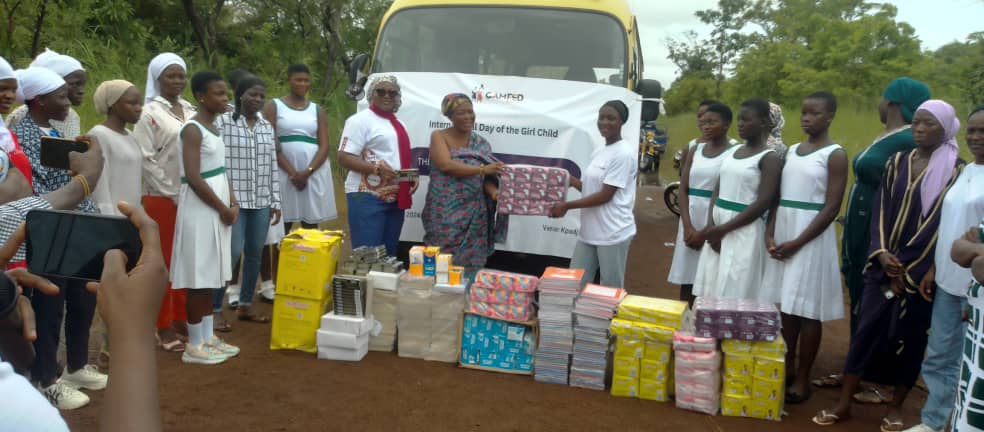- Australia announces plans to ban debit card surcharges
- Google signs deal with startup to build small nuclear reactors to power AI
- Malaysia’s stock market, once dubbed ‘world’s worst’, is making a comeback
- This influencer was scammed out of thousands in crypto — and has a tip to help you avoid fraud
- China stocks drop after trade data disappoints with Hang Seng tanking 4%, CSI 300 falls over 2%
What do you believe is the single most important factor driving up the cost of living in Nigeria?

Compound drought–heat wave events under-recognized in global soils, finds study
Soil is essential for life and plays a crucial role in the Earth's ecosystem, providing support for plant roots and hosting countless microorganisms. In a warming world, it is important to understand how soil hydrothermal conditions, particularly the dry-hot extremes, have changed and will respond.
In a study published in the Proceedings of the National Academy of Sciences, researchers led by Prof. Zhang Yunlin from the Nanjing Institute of Geography and Limnology of the Chinese Academy of Sciences, along with collaborators from the Helmholtz-Center for Environmental Research (UFZ) and Bangor University, have quantified global soil compound drought–heat wave (SCDHW) events from 1980 to 2023, and predicted their evolution until the end of this century.
Combining three state-of-the-art reanalysis datasets and four Earth System Model datasets, the researchers analyzed global SCDHW trends and variabilities in the past and future. They also incorporated long-term observational data to enhance their conclusions.
The researchers revealed a global increase in the occurrence rate, duration, extremeness, and severity of SCDHWs, as well as the affected area over the past 44 years. "We observed a notable escalation of SCDHWs from 1980 to 2023, particularly in this century. Global warming, beyond all doubt, took the major responsibility, and the situation worsened in El Niño years.
"More importantly, the escalation of SCDHWs was concentrated in summer, posing a significant challenge to water security," said Prof. Zhang, corresponding author of this study.


- October 14, 2024
CAMA donates teaching, learning materials to Kpadjai Number One JHS


- October 15, 2024
Red clover seed oil rich in bioactive compounds, study finds



- October 15, 2024
AI-trained vehicles can adjust to extreme turbulence on the fly

- October 15, 2024
3D printing method could improve micro energy storage


- October 15, 2024
New tool can detect malware on Android phones
Subscribe to our mailing list to get the new updates!

Subscribe our newsletter to stay updated
Thank you for subscribing!




